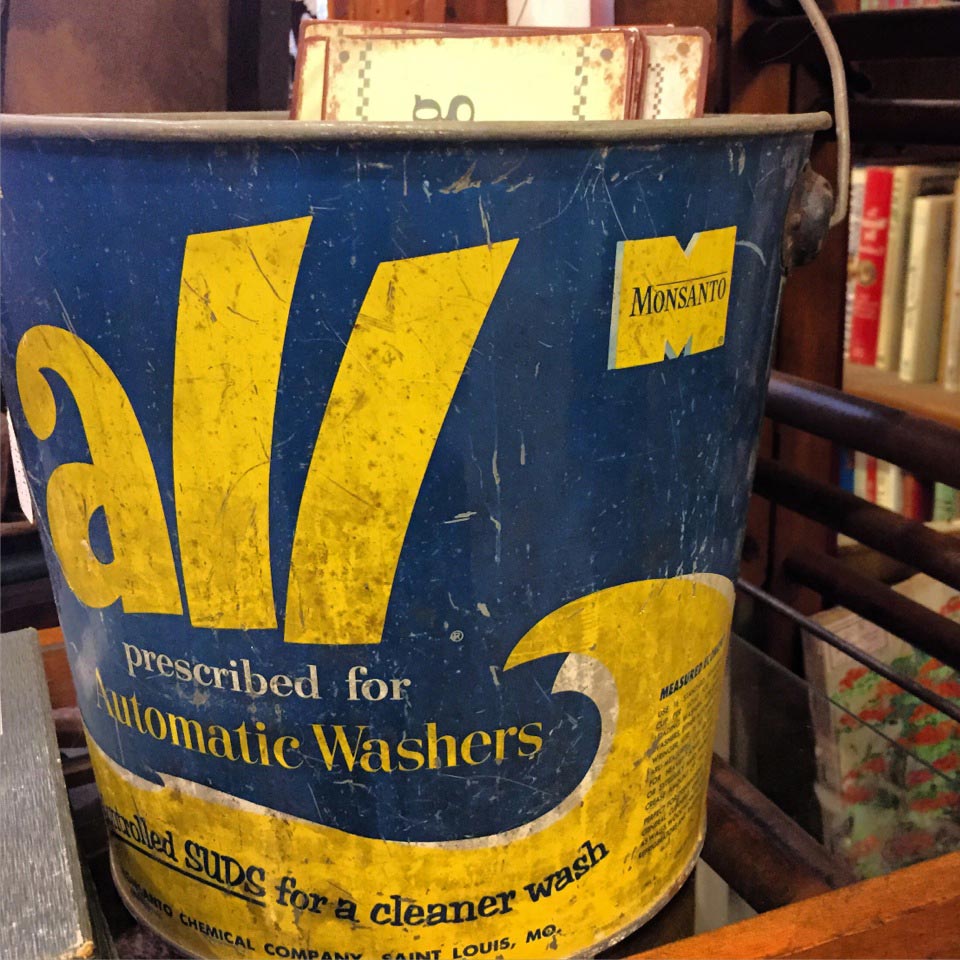
7 Things You May Not Know about Monsanto
A growing number of Americans are learning about Monsanto, the chemical company that has genetically engineered our food to withstand increasing doses of their chemicals, particularly the weedkiller, Roundup.
Since the introduction of these genetically engineered seeds, the use of this weedkiller has more than doubled. At least 283.5 million pounds of glyphosate were used in the US in 2012, more than double what was used in 2002, according to Reuters.
April 7, 2015 | Source: Robyn O'Brien | by
A growing number of Americans are learning about Monsanto, the chemical company that has genetically engineered our food to withstand increasing doses of their chemicals, particularly the weedkiller, Roundup.
Since the introduction of these genetically engineered seeds, the use of this weedkiller has more than doubled. At least 283.5 million pounds of glyphosate were used in the US in 2012, more than double what was used in 2002, according to Reuters.
It’s a brilliant business model for a chemical company. Engineer seeds so they can tolerate increased applications of your signature weedkiller. Patent the seed, license its use to farmers, and suddenly, you’ve got a powerful revenue stream.
That is, of course, until consumers find out about it.
Over 60% of the world’s population already knows. These foods are labeled in 64 countries, for all of our key trading partners. But not for Americans.
So what else do we not know about Monsanto? The company has been around for over 100 years, manufacturing things like Agent Orange and DDT. A few more things we should probably know about the chemical company now making our food:
1. They used to make laundry detergent. Remember All? In 1946, Monsanto developed the laundry detergent and began to market it.
2. Glyphosate, the key ingredient in their signature product Roundup, was initially used as a descaling agent to clean out calcium and other mineral deposits in pipes and boilers of residential and commercial hot water systems by the Stauffer Chemical Company. It has been banned in the Netherlands.
3. In 2010, Monsanto registered glyphosate as an antibiotic. This newly register antibiotic is used in Roundup and applied to their Roundup Ready, genetically engineered crops that we eat and the meat we eat….eats. We’re eating this antibiotic every day. Don’t we usually get prescriptions when we take an antibiotic?
4. Monsanto’s CEO is from Scotland. According to their laws, “The Traceability and Labelling Regulations (EC) 1829/2003 and (EC) 1830/2003 require that any intentional use of GM ingredients in food and feed at any level must be labelled.” So when he goes home to Scotland, GMOs are labeled. He doesn’t think Americans need this information. I’ll let you think about that for just a minute….
5. On February 11, 1985 the carcinogenic potential of glyphosate was first considered by an EPA panel, called the Toxicology Branch Ad Hoc Committee. Three years later, the first patent was issued on genetically engineered foods. Six years later, just prior to the introduction of the first Roundup Ready crop, this decision by the EPA was quietly reversed. Remember the tagline from Enron? Ask why.
6. Monsanto has farmers sign a “Technology Stewardship Agreement.” It commits them to using the portfolio of chemicals required to grow genetically engineered, Roundup Ready crop. Read the fine print in which farmers hand their rights over here.
7. Monsanto’s CEO called the recent report out of the World Health Organization “junk science.” The World Health Organization is the United Nation’s public health arm and consists of the world’s leading scientists. In the U.S., 1 in 2 men are expected to get cancer in their lifetimes. To call the report “junk science” impugns the integrity of scientists around the globe and dismisses with alarming casualty the rates of cancer we are seeing here in the U.S. He is from Scotland where perhaps the rates of cancer aren’t as severe, but here in the U.S., physicians from Memorial Sloan-Kettering Cancer Center and 120 experts in chronic myeloid leukemia (CML) from around the world banded together to draw attention to the rising cost of cancer.
